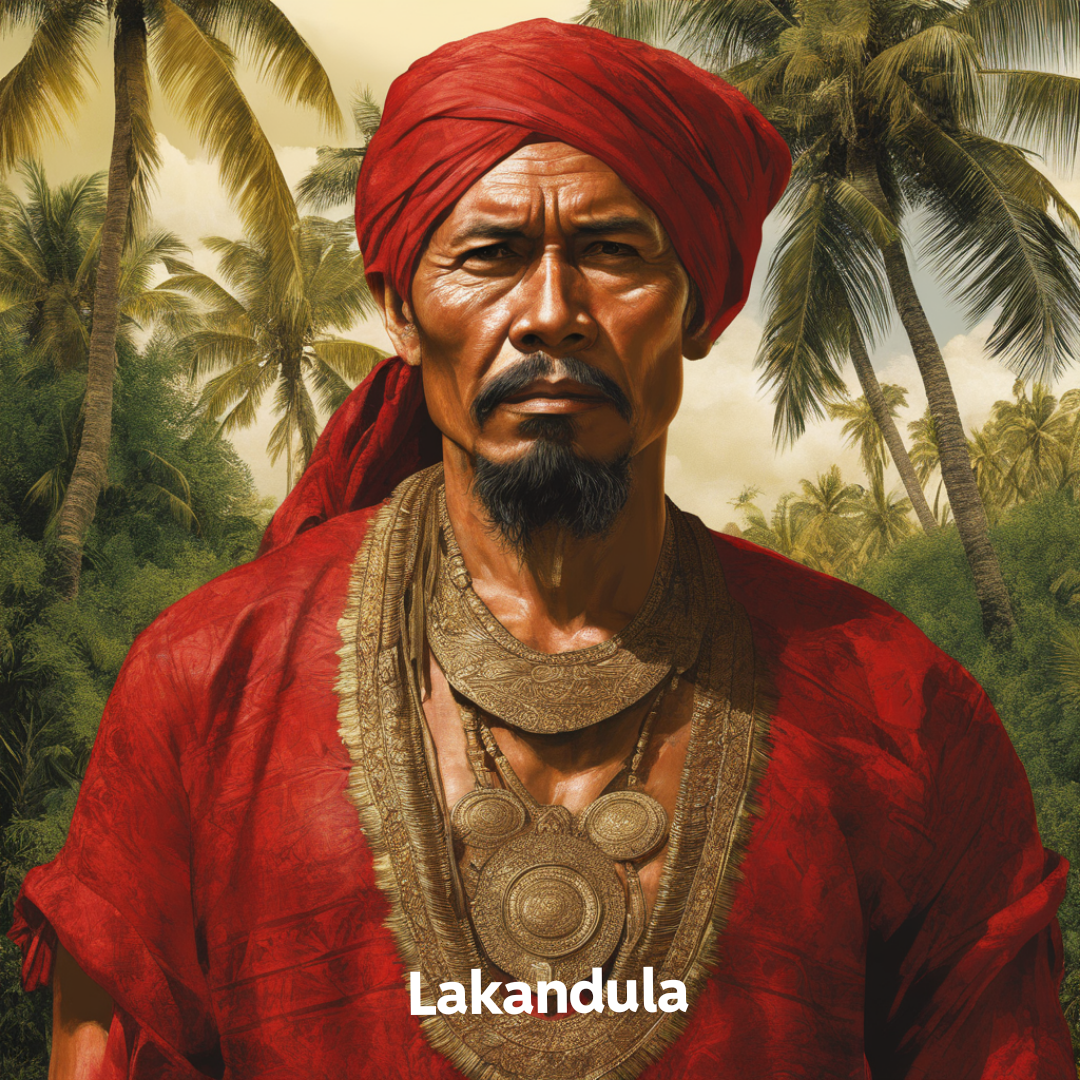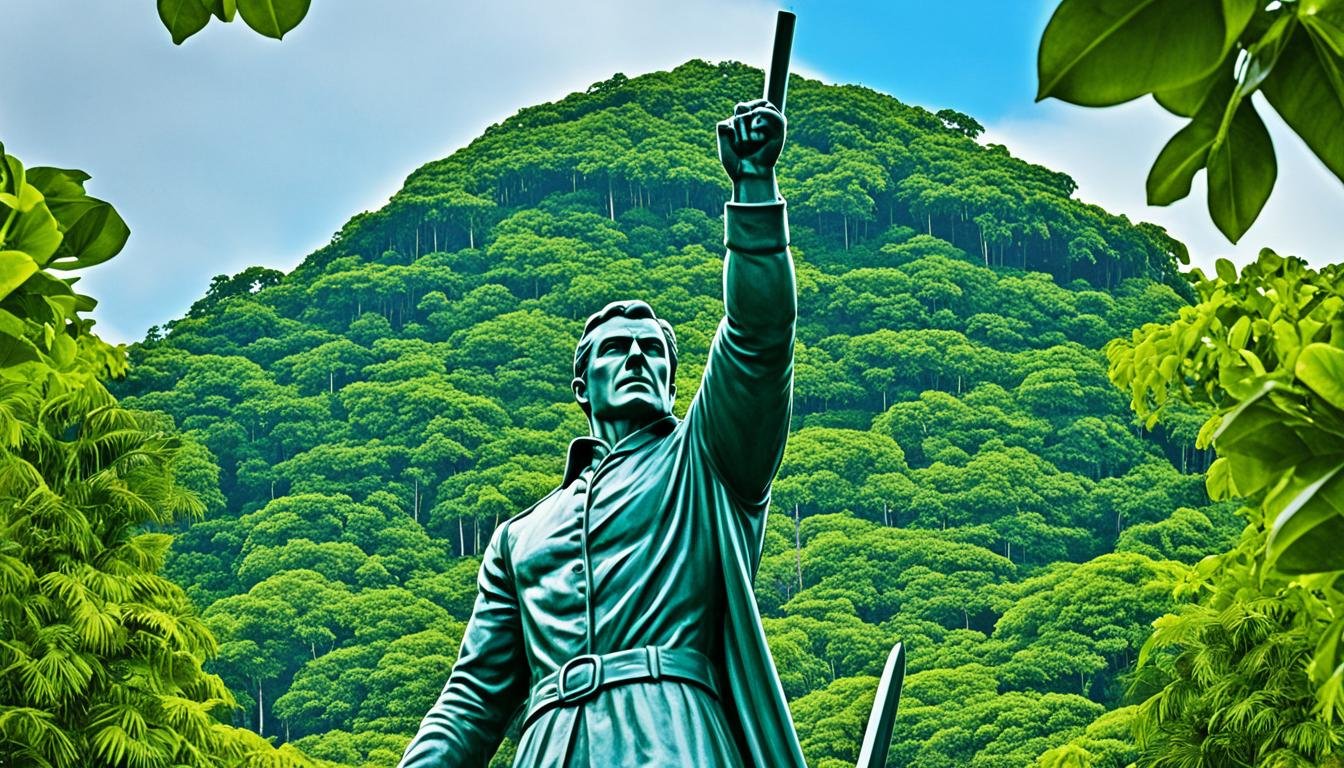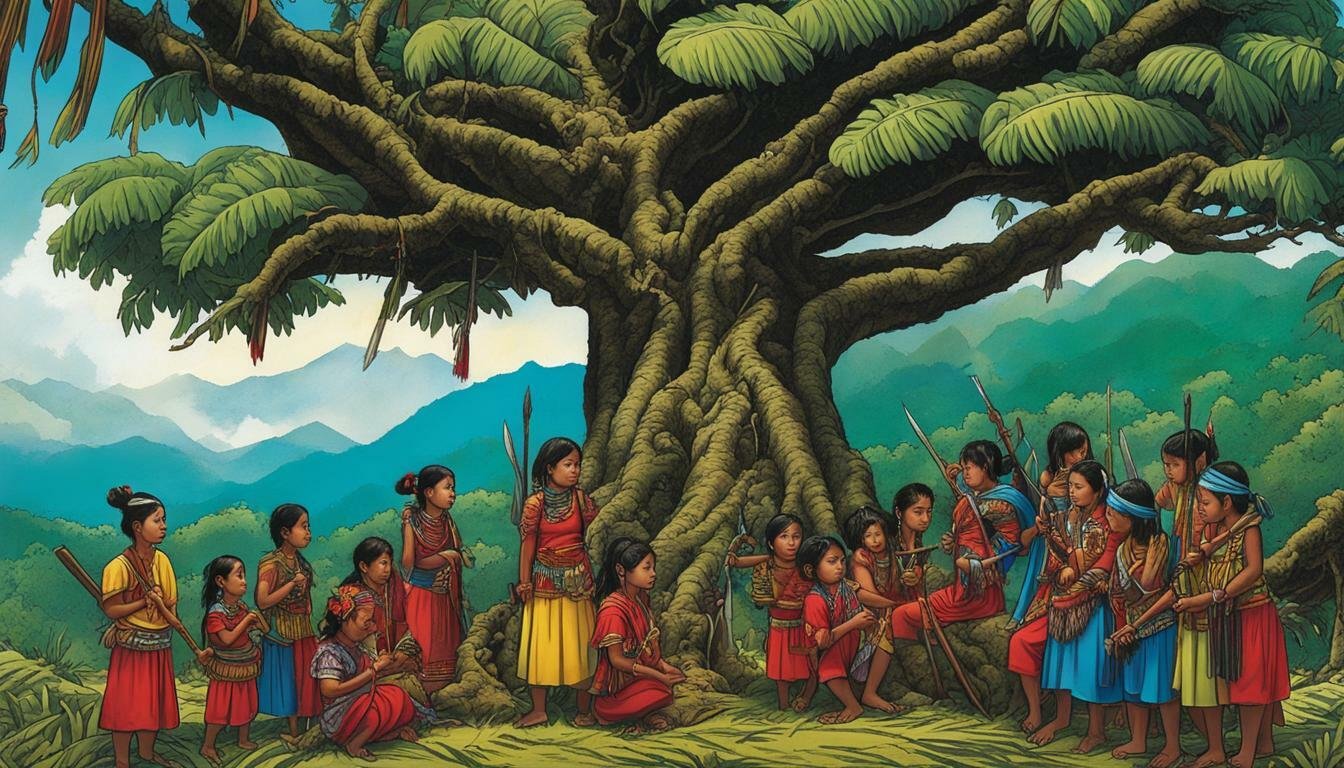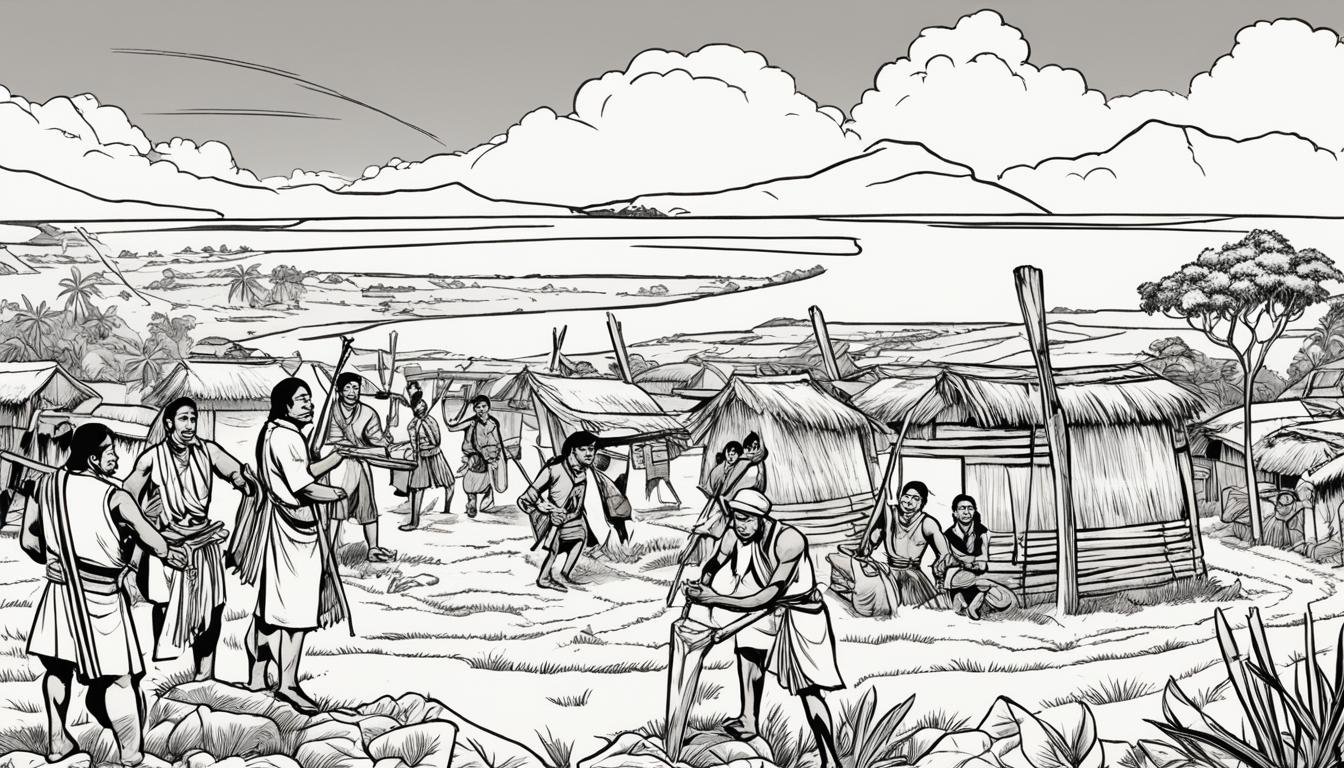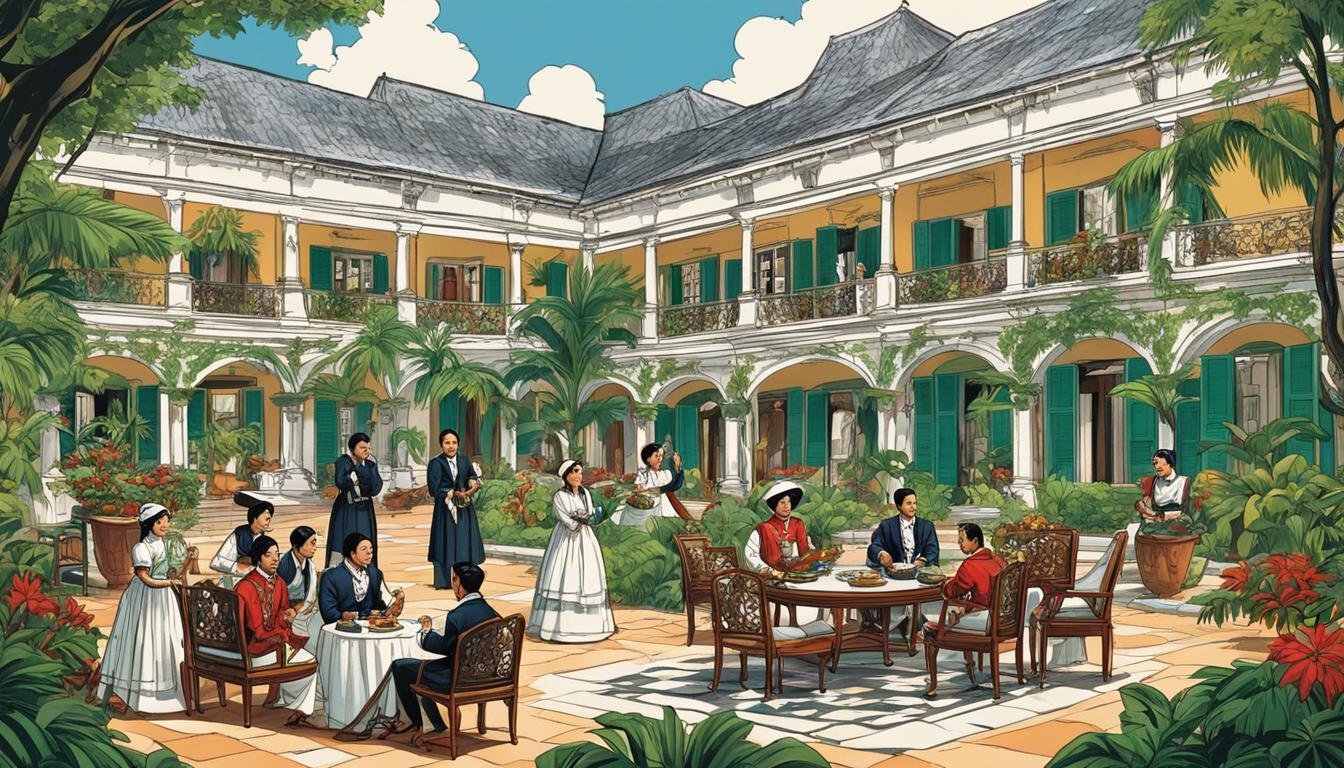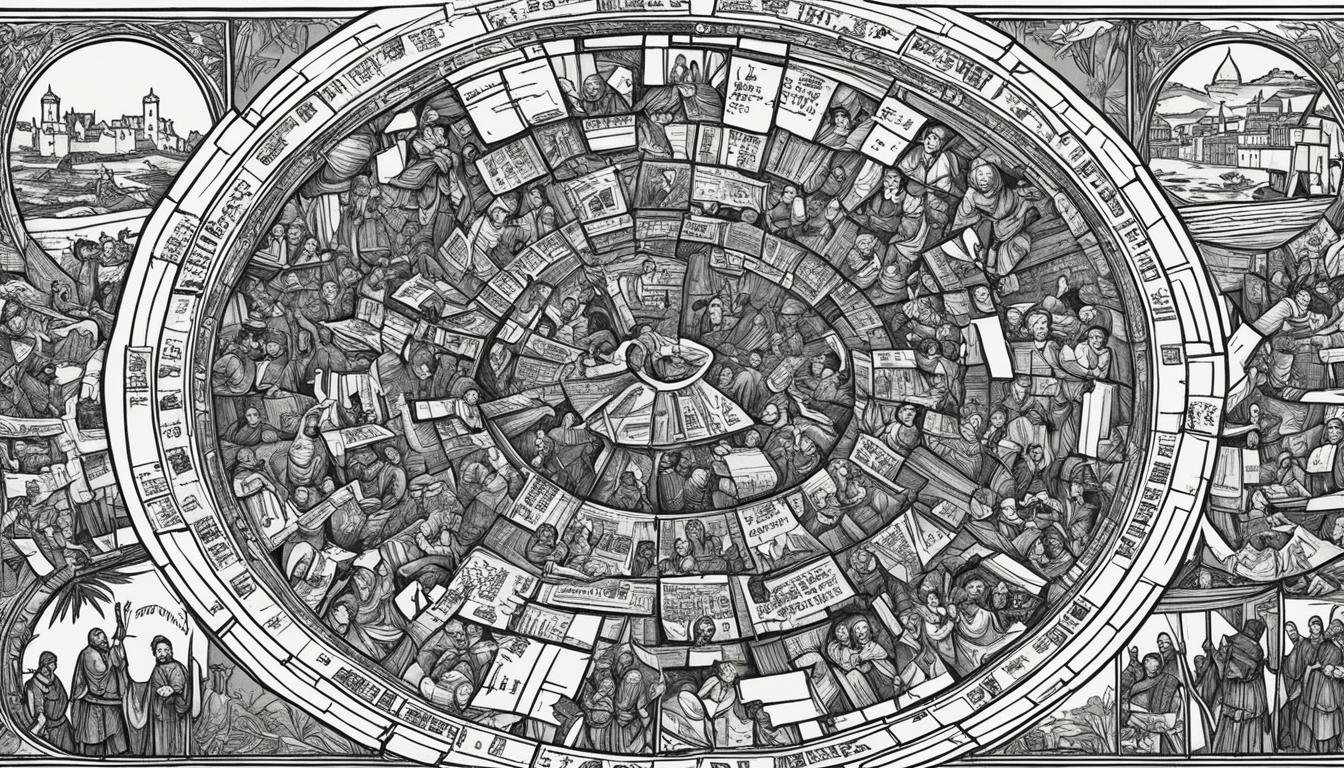The history of the Philippines is a rich tapestry woven from interactions between indigenous peoples and foreign visitors, explorers, and colonizers. Among the most iconic of these encounters is the Sandugo, or blood compact, performed in Bohol in 1565. This ceremony involved Miguel López de Legazpi, the Spanish explorer and conqueror tasked with establishing a permanent…
Spanish Colonial Period (1521-1898)
José Rizal in Paris: Exile, Enlightenment, and the Shaping of Filipino Nationalism
José Rizal, the Philippine national hero, lived a life marked by extensive travel, intellectual pursuits, and unwavering dedication to the cause of Filipino reform and eventual nationhood. While his time in Spain is often highlighted due to its role as the center of the colonial power and the base for much of the Propaganda Movement,…
Papa Isio and the Religious Resistance in Negros: A Philippine Peasant Uprising
Introduction The narrative of Philippine resistance against colonial powers is rich and multifaceted, extending far beyond the well-known Katipunan-led revolution. Among the most compelling examples of regional dissent is the movement led by Dionisio Seguela, famously known as Papa Isio and the Religious Resistance in Negros. This uprising, primarily centered on the island of Negros…
Lakan Dula: Heroic Chieftain of Tondo Legacy
The tapestry of Philippine history is woven with threads of resilience, diplomacy, conflict, and adaptation. Among the prominent figures who navigated the tumultuous dawn of Spanish colonization stands Lakan Dula, the last paramount ruler, or Lakan, of the Kingdom of Tondo. His life represents a critical juncture, a bridge between the vibrant Pre-colonial Philippines and…
Andres Bonifacio: Hero of the Philippine Revolution
The story of the Philippine Revolution (1896) is incomplete, indeed unimaginable, without the towering figure of Andres Bonifacio. Often hailed as the “Father of the Philippine Revolution” and the “Great Plebeian,” Bonifacio remains one of the most significant and, at times, controversial figures in the nation’s struggle for Independence. While others wrote novels and sought…
Lumad Resistance to Christianity
The narrative of Spanish colonialism in the Philippines is often dominated by tales of Christianization and the integration of lowland populations into the colonial fold. However, the story is far more complex, particularly in the southern island of Mindanao, where large segments of the population successfully resisted Spanish dominion and, crucially, the imposition of Christianity….
The Encomienda System: Spanish Colonizers’ Labor System in the Philippines
The arrival of Ferdinand Magellan in 1521 marked the initial contact between the Spanish Crown and the archipelago that would later be known as the Philippines. However, it was the expedition led by Miguel López de Legazpi in 1565 that initiated the formal Spanish colonization Philippines. Establishing settlements first in Cebu, then Panay, and eventually…
The Life of the Filipino Peninsulares
The history of the Spanish colonial Philippines is a complex tapestry woven from the threads of various peoples, cultures, and power structures. At the very apex of this intricate social and political pyramid stood the Peninsulares. These were individuals born in the Iberian Peninsula (Spain) who journeyed across vast oceans to administer, exploit, and govern…
The Life of the Filipino Insulares
The sprawling tapestry of Philippine history is intricately woven with the threads of diverse peoples and cultures, shaped profoundly by centuries under the Spanish Empire. Among the distinct social strata that emerged during this era, the Filipino Insulares occupied a unique and often complex position. These were individuals of pure Spanish descent who, unlike their…
The First Tondo Conspiracy of 1587: A Significant Event in Philippine Colonial History
The annals of Philippine history are rich with narratives of both subjugation and resistance. While popular memory often highlights later revolts and the Philippine Revolution of 1896, earlier attempts to challenge Spanish dominion were equally significant, laying bare the tensions simmering beneath the surface of colonial peace. Among these early acts of defiance, The First…

